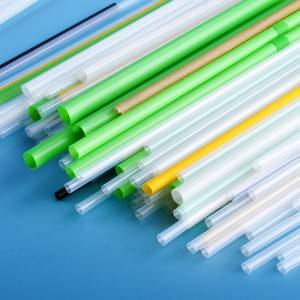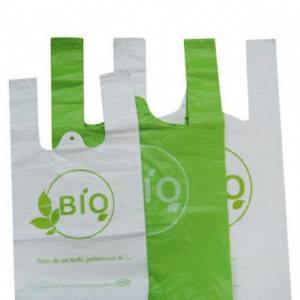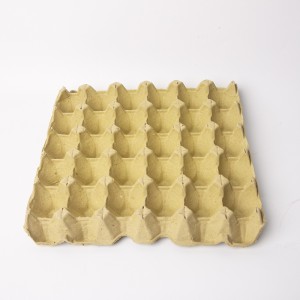Biodegradable PBAT PLA Garbage Bag
Product parameters
|
Product Name
|
Biodegradable PBAT PLA Garbage Bag |
|
Raw Material
|
Cornstarch/PBAT/PLA
|
|
Customized
|
Size,Printing logo,Color,Packing,and so on
|
|
Sample Time
|
10 Working Day
|
|
Advantage
|
No plastic, Non-toxic,100%biodegradable and compostable, Eco-friendly
|
|
Product Time
|
20 days after confirm the order,base on the QTY
|
|
Usage
|
School,Hospital,Library,Hotel,Restaurant,Supermarket,Grocery,And so on
|
|
Shipping Way
|
Sea,Air,Express
|
|
Payment
|
General take TT,Alibaba Credit Insurance Orders,Others payment also can be discuss
|
|
Certification
|
EN13432,AS4736,AS5810,BPI
|
Product advantages
Our Biodegradable PBAT PLA Garbage Bag are made of;
- corn starch (from corn not fit for consumption)
- PLA (Polylactide, which is made from waste corn too and other plants)
- and this other stuff called PBAT (Polybutyrate Adipate Terephthalate).
Interestingly, it is PBAT that is added to make the bag degrade quickly enough to meet the home compostability criteria. To our knowledge there are no bio-based plastics suitable for making courier bags that do not have a binding agent like PBAT in them. There is a lot of research currently to find an alternative, and there has been some success.


So people understandably are cautious about putting something in their compost that is derived from oil but PBAT is 100% ok. Let’s “break it down” … Petroleum is actually a natural substance formed when large quantities of dead organisms, mostly zooplankton and algae, are buried underneath sedimentary rock and subjected to both intense heat and pressure. Petroleum is separated using a technique called fractional distillation, i.e. separation of a liquid mixture into fractions differing in boiling point by means of distillation. Some fractions are taken off and formed into plastics, tyres etc. and others are used to make PBAT. Here’s the crucial bit – it is what is done to them at this point that determines how they then behave ie. whether or not they will break down quickly or take an age – like plastic. Traditional plastic is engineered to last as long as possible, but PBAT is engineered to be fully biodegradable when composted. This is due to the presence of butylene adipate groups.
Product application
PBAT is a perfect raw material for making compostable bags and film. Such as shopping bags, kitchen waste bags, dog waste bags, agriculture mulch film,…
PBAT is marketed commercially as a fully biodegradable product. Particular applications that are highlighted by the manufacturers include film for food packaging, compostable plastic bag for gardening and agricultural use, and as water resistant coatings for other materials. Due to its high flexibility and biodegradable nature, PBAT is also marketed as an additive for more rigid biodegradable plastics to impart flexibility while maintaining full biodegradability of the final blend.












